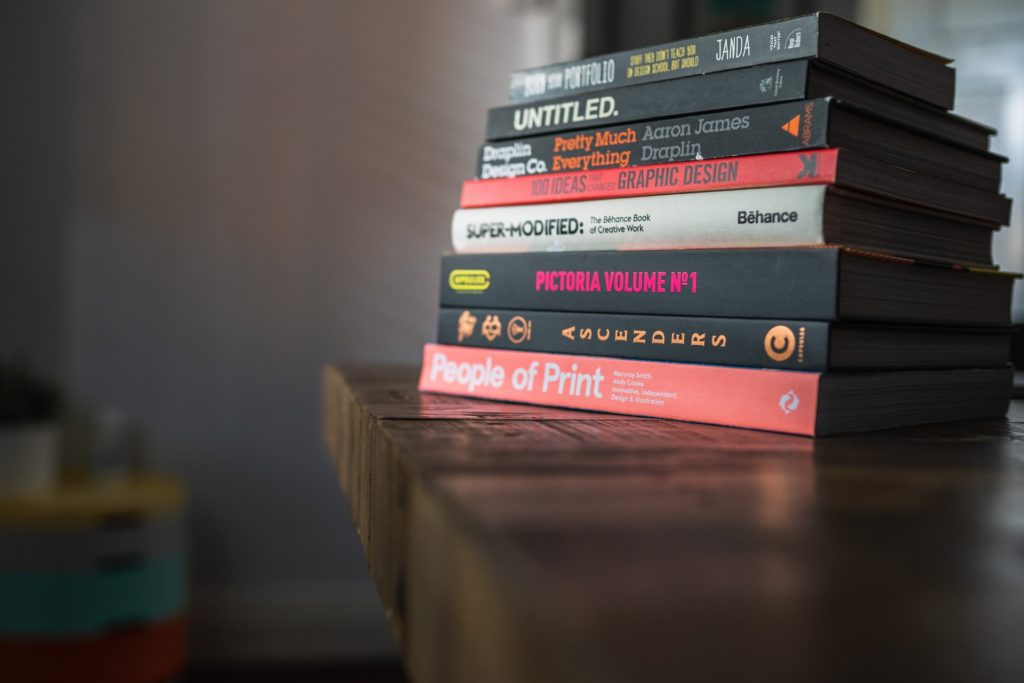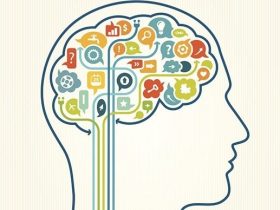Imagine someone who isn’t a doctor telling you how to heal a wound on your leg. Would you believe anybody on the block prescribing you some medicines?So, why would you listen to random authors telling you to “fight your ego” and “listen to your brain only” to improve yourself?
When you visit a therapist, the person in the other end of the room offering you legitimate life advice is a professional qualified in clinical psychology. But self-help authors don’t rely on a peer-reviewed industry or empirical research. Instead, these “gurus” weave words out of the air, barely realising the impact they create on young minds. On that note, here are four problems about the self-help industry – four reasons why you need to cancel these books TODAY.
-
A sheer waste of your time
Of course, reading can never be a waste of time. By case study help when it comes to self-help books, the corny narrative only wastes your time. A self-help book is often like a corporate meeting that could have been avoided with an email. If you check out a few books, you will notice the formula – a few anecdotes, lessons based on those anecdotes, and that’s all.
Since longer books sell better, the author stretches a basic point beyond necessary.Rather thanoffering simple lessons, self-help books are more about aggressive self-promotion. As a result, the readers waste their time while filling the pockets of these “pundits”.
2. Self-help often leads to an inferiority complex
Certain people feel they are fundamentally flawed. This drives them to want to fix themselves and turn their lives into something unique and great. Let us understand it this way. When a self-help book tells you, “here are 10 things you should do”, a person who feels adequate would consider that as a chance to try new things.
However, a pessimistic person who feels underconfident would consider the list as ten things they haven’t done yet. This could lead to a bitter feeling of inadequacy. Quite often, coursework experts self-help books lead such people to interprets seeking support, even self-help, as an act ofincompetence. This results in the sense of worthlessness.
-
A flimsy tourniquet for your ego
Authors who write self-help books capitalise on your hurt ego and decaying self-confidence. They write words that you WANT to hear and not what you SHOULD hear. This is why the language is placating; words meant to work like a band-aid. Even if you try out a few cliché tips and “start saying NO more often”, you are not even halfway towards improving yourself.
You cannot just become a better version of yourself overnight. That’s not how this works. Self-improvement is an elaborate process and not a one-time shortcut. So, stop reading any random self-help book that Amazon suggests you. Instead, sign up with a life coach to learn more about goals and personal growth.
-
There’s barely anyscientific validation
Have you ever used fake data and statistics to win an argument with your friend or your sibling? In a sense, most self-help authors out there are no different from you. But, unfortunately, most of these ‘gurus’ aren’t trained professionals with an education in psychology.
Yet, these people claim they have the solutions and utilise their power to make money by targeting your insecurities. The repercussions are often terrifying. What is worse is that most people who feel they need a self-help book are already vulnerable. As a result, the casually thrown words of these “sages” often result in worsening damage.
Parting thoughts,
When it comes to self-help books, the onus to take lessons rests on the readers. While some can be really harmful, there are diamonds in the rubble. So, do not stop reading them altogether. Just be careful of which book you choose. Dig deep, read the credentials of the author, and then get down to it.










Leave a Reply